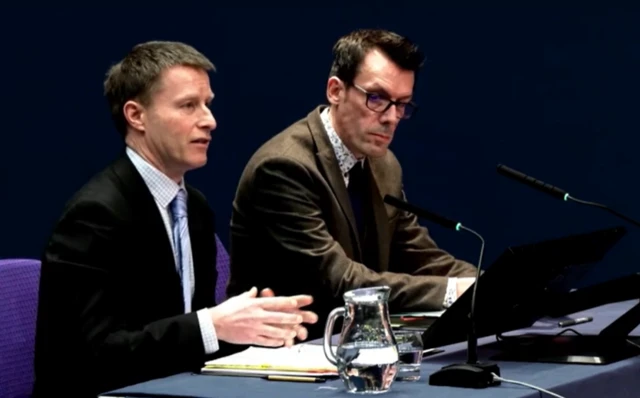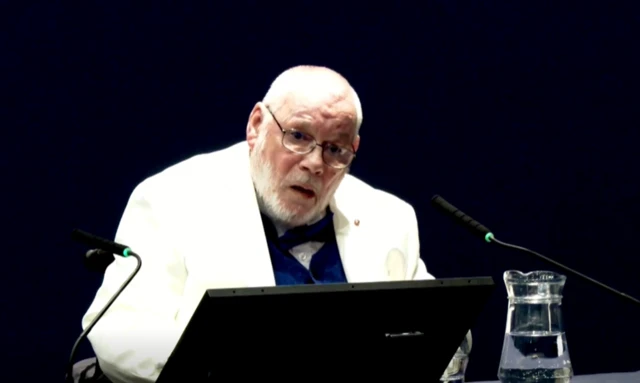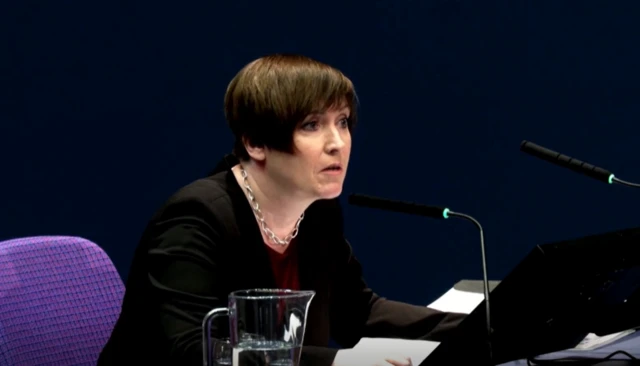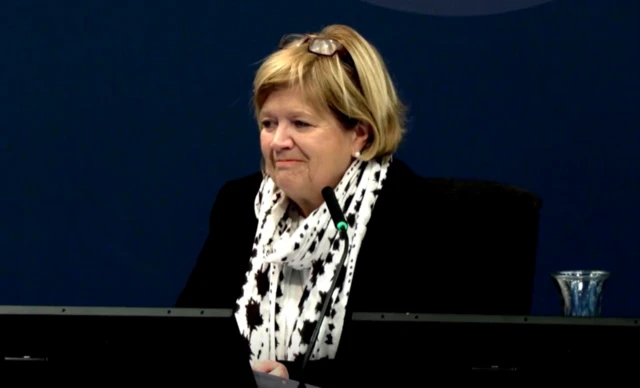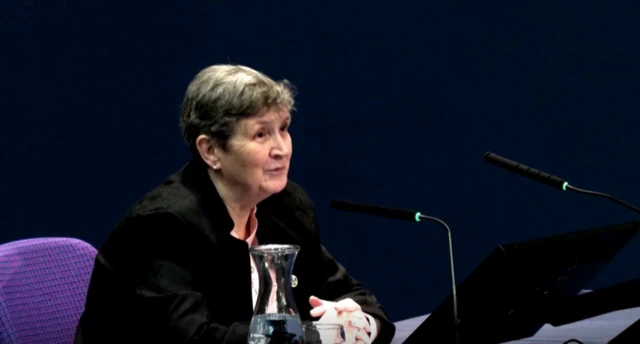How do Covid death rates compare across the UK?published at 12:51 GMT 17 January 2024
 Robert Cuffe
Robert Cuffe
Head of statistics
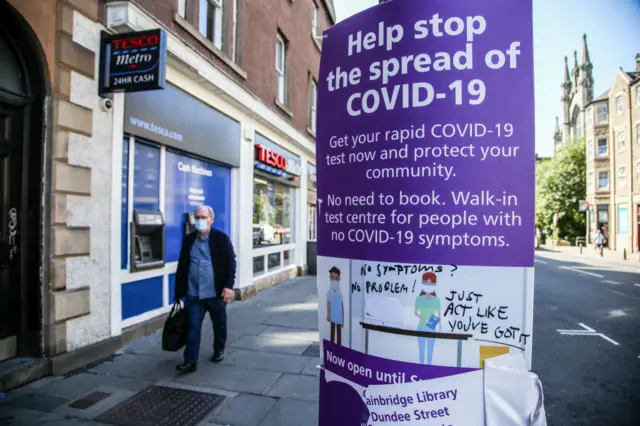 Image source, Getty Images
Image source, Getty ImagesAs the UK Covid inquiry turns its attention to Scotland's Covid statistics, what do they tell us about how many people died in different countries?
Our best analysis of Covid deaths over the whole pandemic suggests that Scotland and England were very similar.
The two nations looked quite different in the first year - but the gap closed in the second year.
Between the start of 2020 and July 2022, death rates in England were 3.2% higher than in the years leading up to the pandemic.
Scotland was a little better off, with death rates 3% above expected levels.
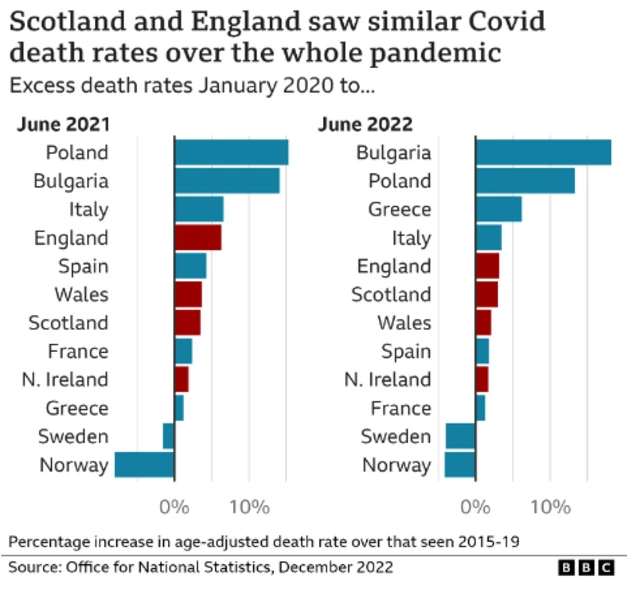 Image source, bbc
Image source, bbcThese figures come from an analysis of figures from across Europe performed by the Office for National Statistics, which compared death rates during the pandemic with those in the five years before it.
While 3% might sound like a small number, it would translate to more than 150,000 deaths across the UK.
